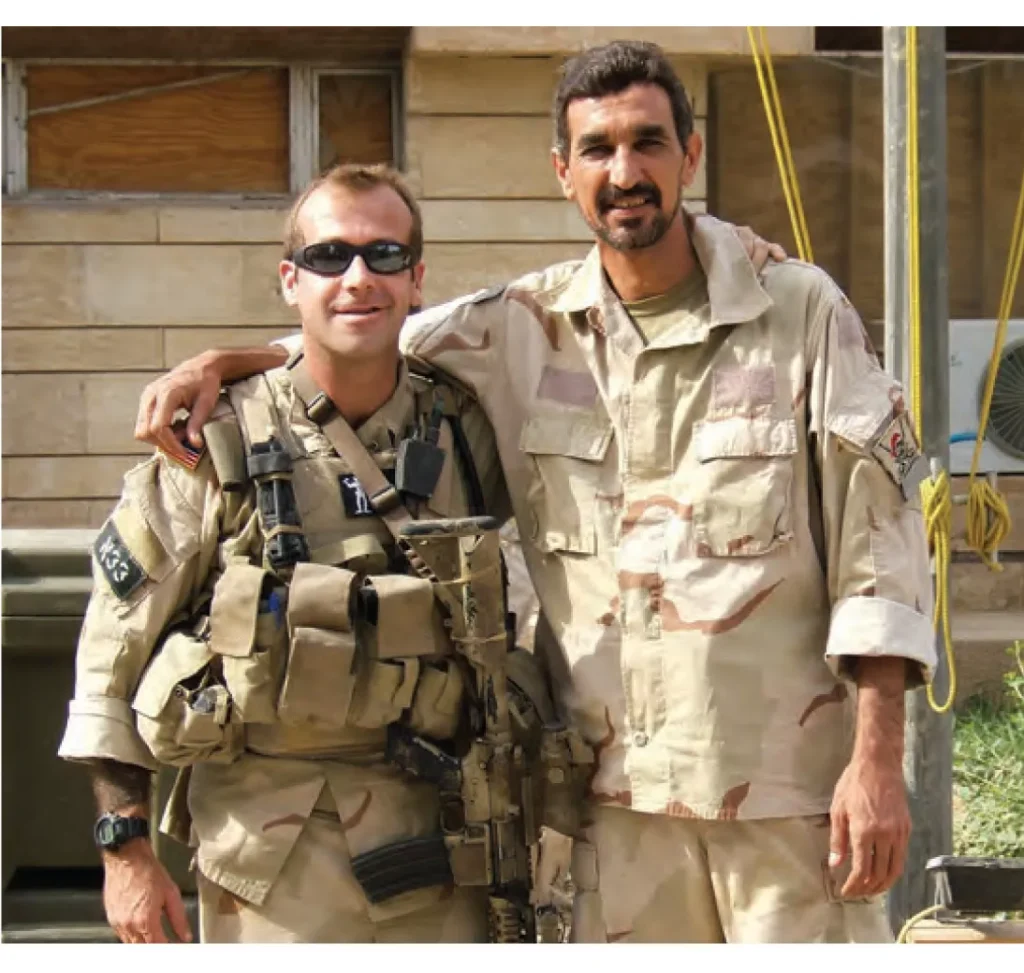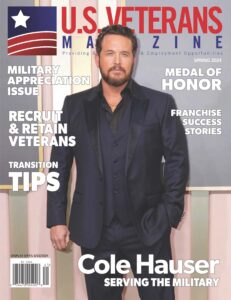When one discharges from the military, veterans are often left with the gigantic task of reintegration. To describe this journey as “daunting” doesn’t even cover half of it.
Not only do these veterans have to deal with an entirely new set of norms and procedures; they also often come with scars of war such as survivor’s guilt, missing limbs, tinnitus, post-traumatic stress disorder (PTSD) and traumatic brain injury (TBI) just to name a few. Add on the feeling of a general lack of support from society; it is no wonder why many veterans go into complete isolation, or worse case, commit suicide.
I saw my first Special Forces (SF) person in basic training. I, along with the rest of my company, looked at them with reverence and awe. Like a sort of real-life Rambo. We all thought that there was nothing that these guys couldn’t do; they were the best of the best; they were elite. It wasn’t until recently that I discovered that individuals in the SF community go through the exact same struggles that veterans do. I had the privilege to speak with 27-year Navy SEAL veteran Jason Tuschen, former CMC (Command Master Chief) and current CEO of Sylabs, Inc., about his struggles, lessons learned and mindset.
Paul Peng: Out of your 27-year career as a Navy SEAL, what was your most trying time?
Jason Tuschen: When Dave Tapper was killed in action (KIA) on August 20, 2003 in Eastern Afghanistan. Dave was one of my closet friends. We deployed together at SEAL Team 3 and worked closely at NSWDG. He was a husband and father of four kids. His youngest son and my son were born a month apart. Any death is a tragedy. But when it is someone close, it is gut wrenching. I will never forget carrying his casket at Little Creek, Va. while the bagpipes played “Amazing Grace,” standing at Arlington listening to Taps as he was lowered down; nor the brotherhood we shared. As I progressed up to the rank of CMC, I had to handle several tragedies. The last one that I had to be a part of before retirement was when Chuck Keating IV died. He was KIA in Northern Iraq May 3, 2016. Any death in the Teams is hard, but Chuck’s was especially so because of how much media attention it got. Myself and Capt. Gary Richard had to go to both his parents and his brother (also a SEAL) informing them that he was KIA. The whole process of getting the proverbial 2 a.m. phone call, hauling ass into work then telling the next of kin is the worst task a leader has to do. But it pales in comparison to what the family has to endure.
Peng: To you, what’s the difference between the mindset of a SOF (Special Operations Forces) member versus conventional forces?
Tuschen: Humble confidence. We train with a sense of urgency and to the worst-case scenario. You definitely learn humility by training that way. It is physically and mentally exhausting, but you know that when you deploy you are as well trained as you can be and feel prepared. However, there is always room for improvement. You continuously strive for virtuosity knowing that you will never attain it. That is “humble confidence.”
Teamwork. In SOF, we are very aware of our strengths and weaknesses. As a result, we are able to complement each other, covering for each other’s weaknesses. Making an unstoppable team.
Taking Ownership. Take ownership of your mistakes, that’s how you learn. In SOF, we spend a lot of time going over lessons learned so that we don’t make the same mistake twice.
Mental Toughness. It is the union of discipline and courage. Courage isn’t just running to the sound of gun fire, but doing what is right, regardless of apprehensions or fear. Discipline is doing what you know to be right regardless of any distractions or discomforts.
Peng: How was your transition to the private sector after serving 27 years as a SEAL?
Tuschen: I did not find it too difficult. I retired because I realized I needed to be uncomfortable again. I became comfortable with the problems I faced and my authorities. Heck, I had my own parking spot! I needed to feel like the “new guy” again. I loved every moment of the SEAL teams, but I am not defined entirely by being a SEAL, and I never let it define me.
Peng: Why do you think so many veterans, including the SOF community, have a tough time transitioning?
Tuschen: I think, particularly in the SOF community, it’s very easy to let your job and lifestyle become your identity. The longer you stay in, the more likely you will fall into the identity trap. Once you have achieved such heights, becoming the “new guy” again in a completely foreign environment, can be extremely daunting. The environment you move to next most likely will not share the values and morals that you have grown to respect and love. That can be extremely frustrating if you stay stuck in the past. You have two choices: go forward and be uncomfortable or stay stuck in the past. I call it the “Uncle Rico Syndrome.”
Peng: What advice can you give to transitioning SOF members and veterans that are struggling?
Tuschen: I would tell them to apply the same physical and mental energy that got you through selection or basic training and apply that to your new task at hand, starting as the “new guy.”
Nobody cares that you were in a combat zone, been through life-threatening events or were in Special Forces. Many civilians will think that you are a robot or the “angry veteran,” even though you and every other veteran knows it’s false. Instead, use your experiences to your advantage and GET AFTER IT! Be humble and confident. Be prepared to prove yourself all over again.



